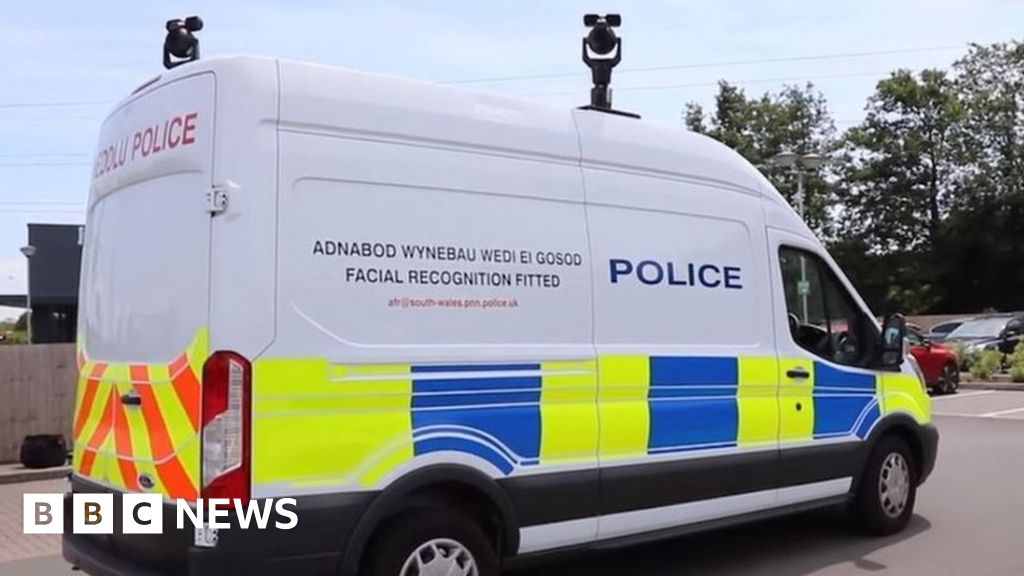Microsoft Deletes Massive Face Recognition Database

 Image copyright
South Wales Police
Image copyright
South Wales Police
Microsoft has deleted a massive database of 10 million images which was being used to train facial recognition systems, the Financial Times reports.
The database was released in 2016 and was built of online images of 100,000 well-known people.
The database is believed to have been used to train a system operated by police forces and the military.
The deletion comes after Microsoft called on US politicians to do a better job of regulating recognition systems.
Microsoft told the FT the database was no longer available, because the person who curated it had now left the company.
Last year Microsoft President Brad Smith asked the US Congress to take on the task of regulating the use of facial recognition systems because they had "broad societal ramifications and potential for abuse".
More recently, Microsoft rejected a request from police in California to use its face-spotting systems in body cameras and cars.
The massive set of images, called the MSCeleb database, was compiled from images of celebrities found online.
The Megapixels project, which tracks face databases, said the "majority" of images were of American and British actors, but it added that it also included a lot of people who "must maintain an online presence for their professional lives".
This meant that it included journalists, artists, musicians, activists, policy makers, writers and researchers.
Even though the data is no longer available from Microsoft, it is probably still being used by people who downloaded a copy.
"You can't make a data set disappear," Adam Harvey from the Megapixels site told Engadget. "Once you post it, and people download it, it exists on hard drives all over the world."
In the UK, police forces have been criticised for trialling home-grown facial recognition systems that have proved to be bad at recognising people. One trial was wrong in 92% of the cases it flagged.
Big Brother Watch said the way facial recognition had "crept" on to the UK's streets was "dangerously irresponsible".
From Chip War To Cloud War: The Next Frontier In Global Tech Competition
The global chip war, characterized by intense competition among nations and corporations for supremacy in semiconductor ... Read more
The High Stakes Of Tech Regulation: Security Risks And Market Dynamics
The influence of tech giants in the global economy continues to grow, raising crucial questions about how to balance sec... Read more
The Tyranny Of Instagram Interiors: Why It's Time To Break Free From Algorithm-Driven Aesthetics
Instagram has become a dominant force in shaping interior design trends, offering a seemingly endless stream of inspirat... Read more
The Data Crunch In AI: Strategies For Sustainability
Exploring solutions to the imminent exhaustion of internet data for AI training.As the artificial intelligence (AI) indu... Read more
Google Abandons Four-Year Effort To Remove Cookies From Chrome Browser
After four years of dedicated effort, Google has decided to abandon its plan to remove third-party cookies from its Chro... Read more
LinkedIn Embraces AI And Gamification To Drive User Engagement And Revenue
In an effort to tackle slowing revenue growth and enhance user engagement, LinkedIn is turning to artificial intelligenc... Read more

